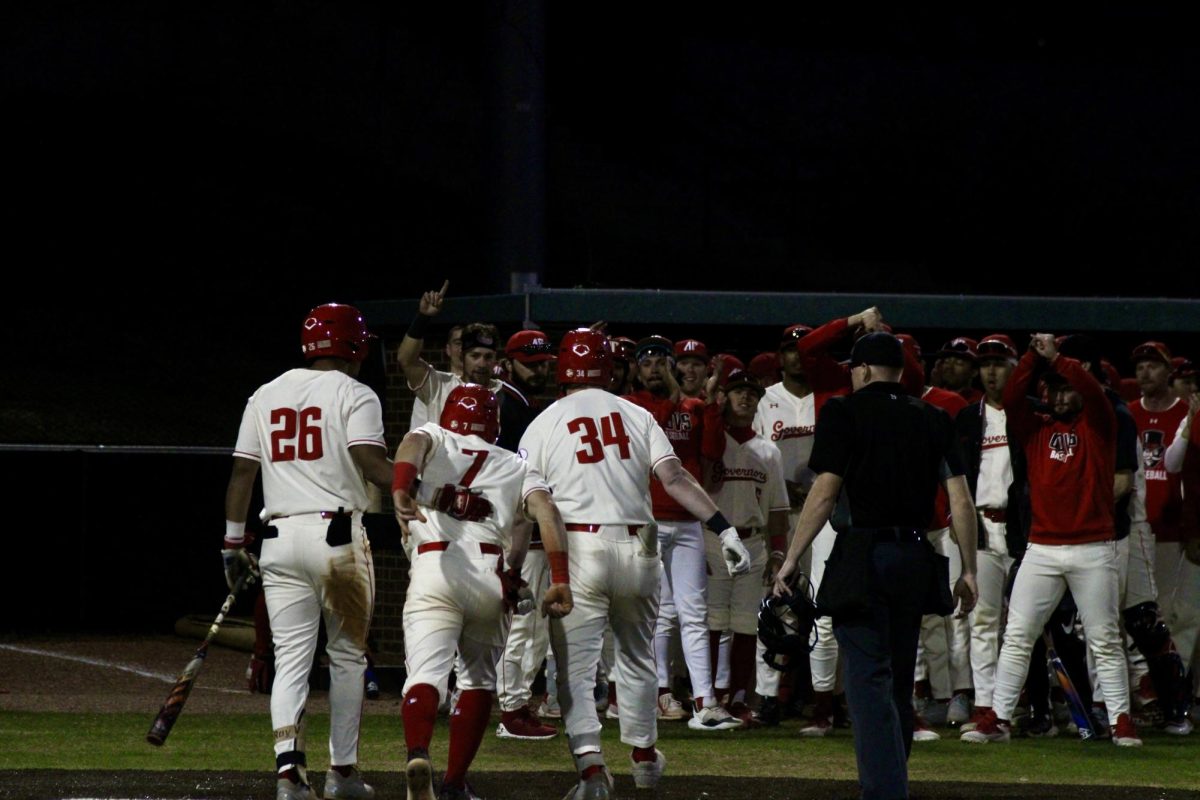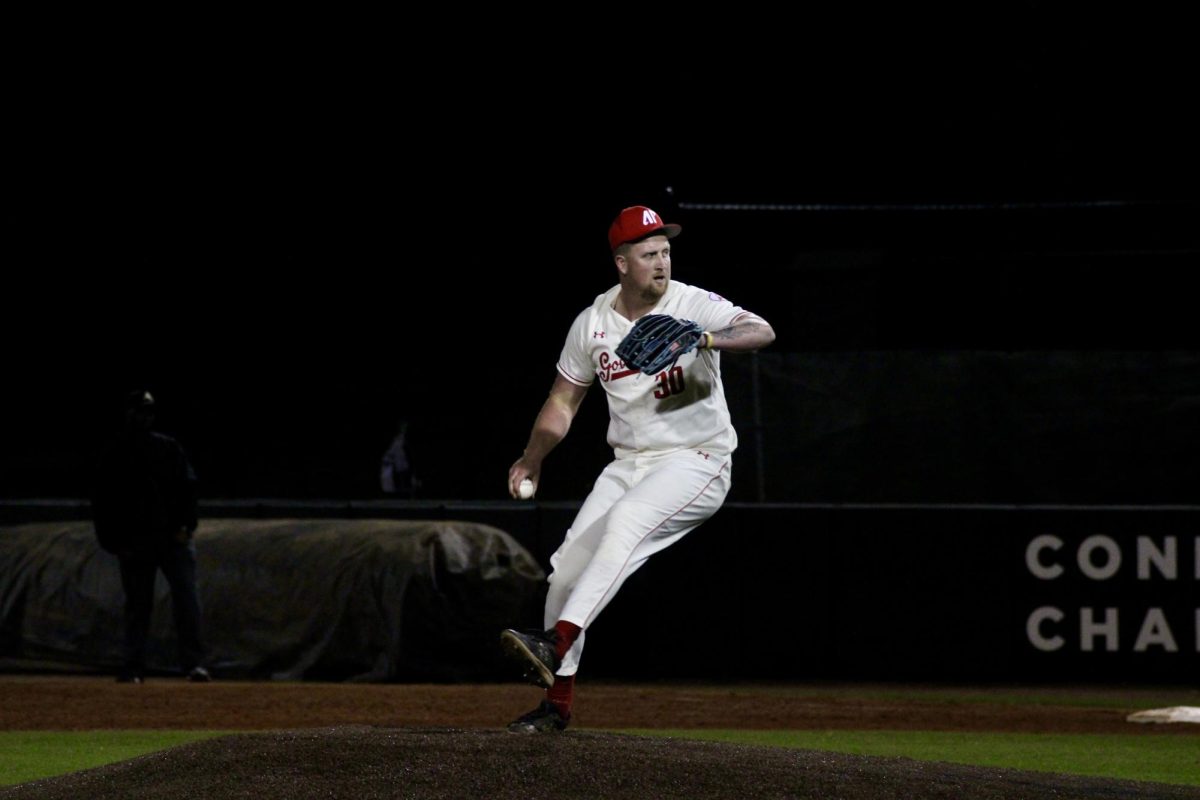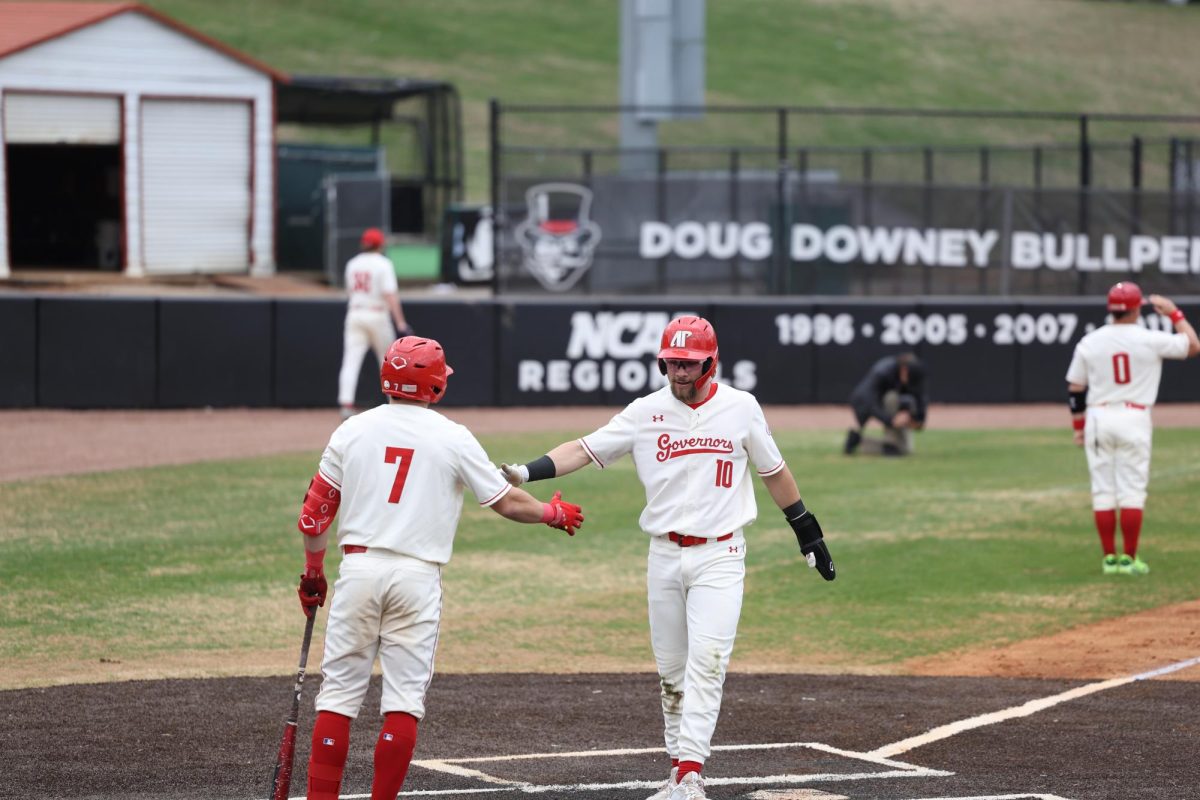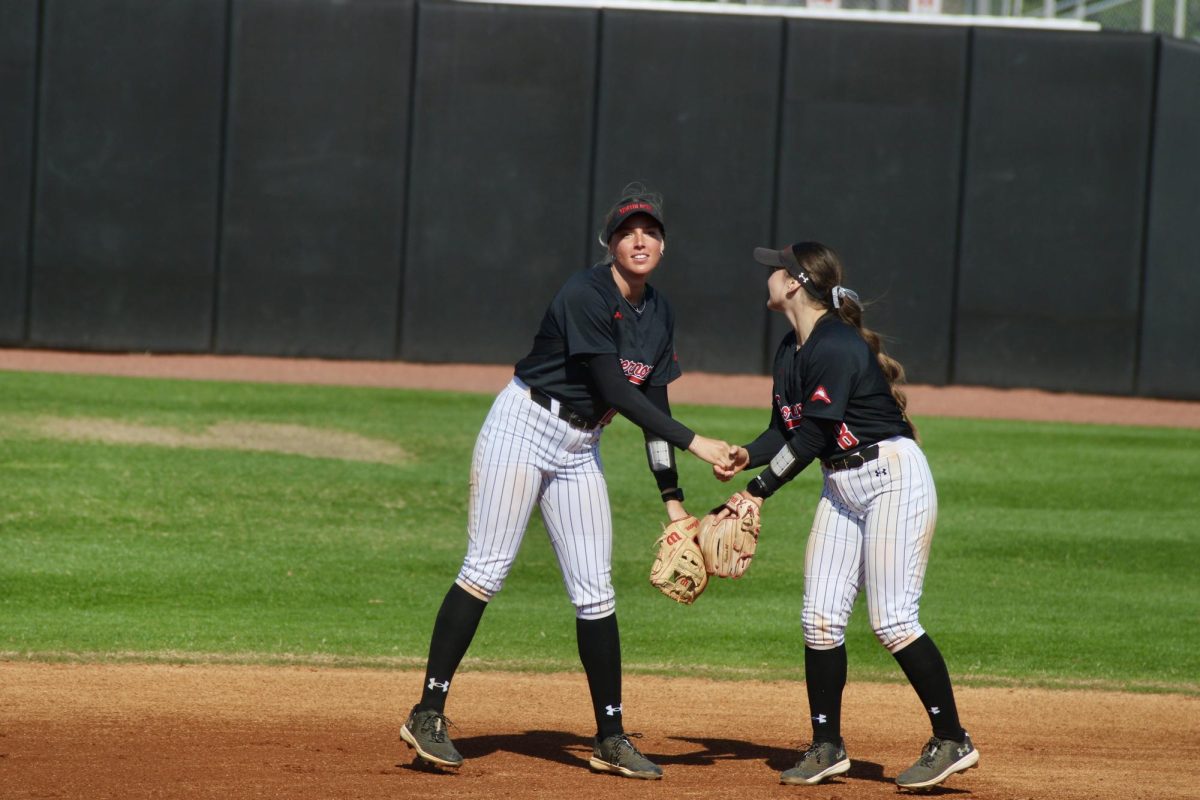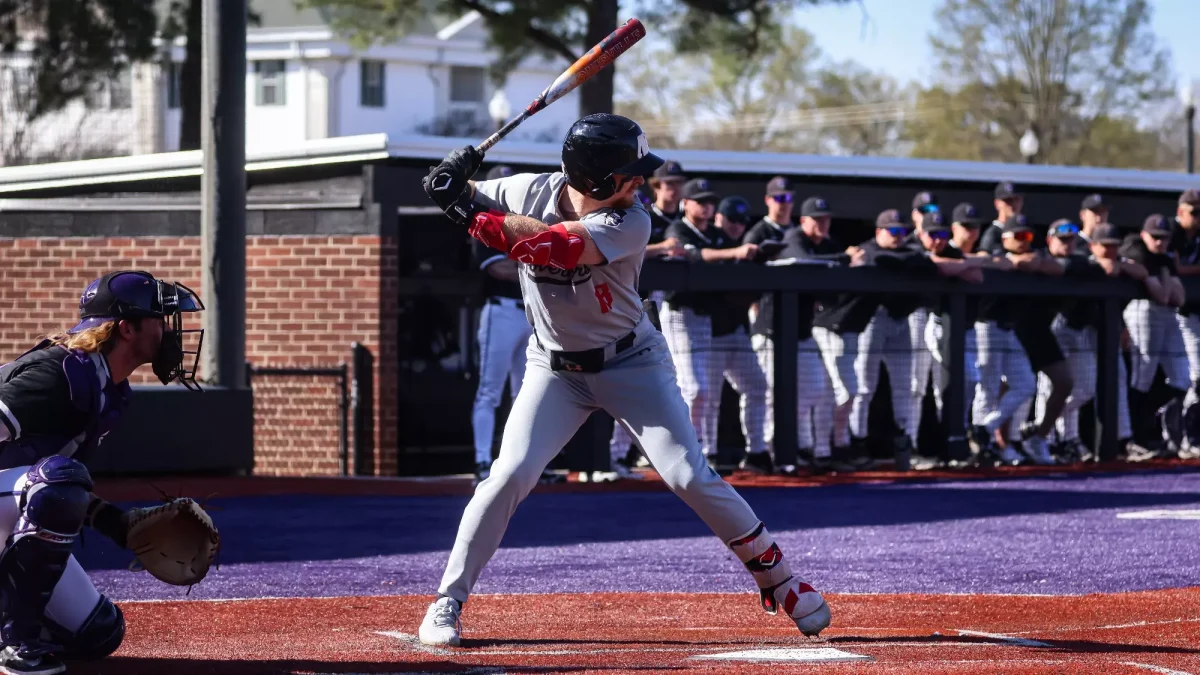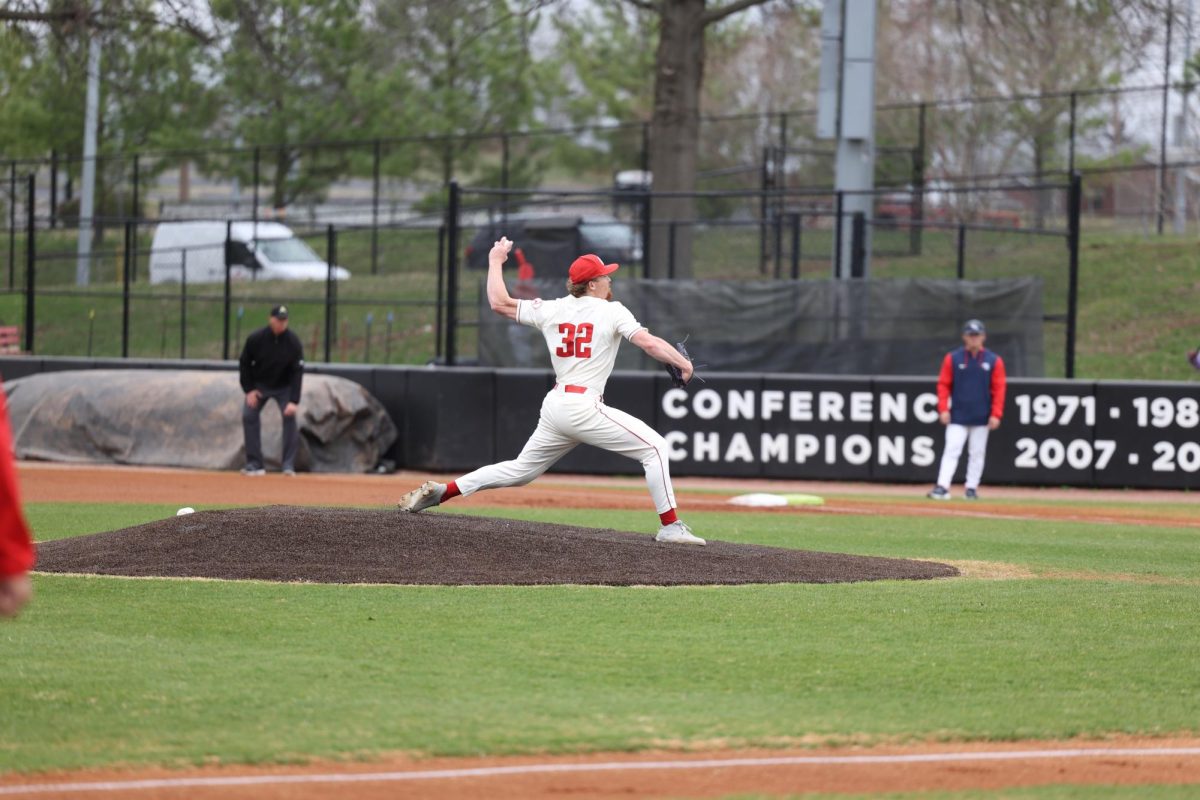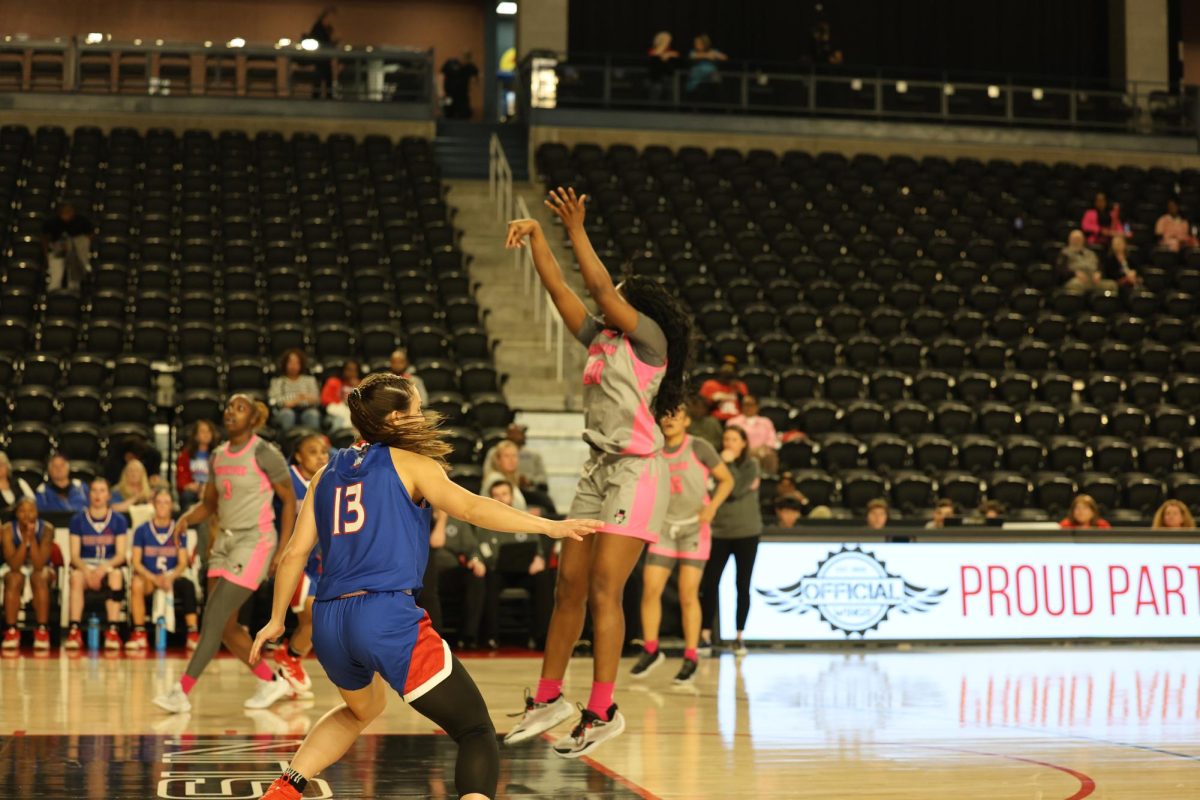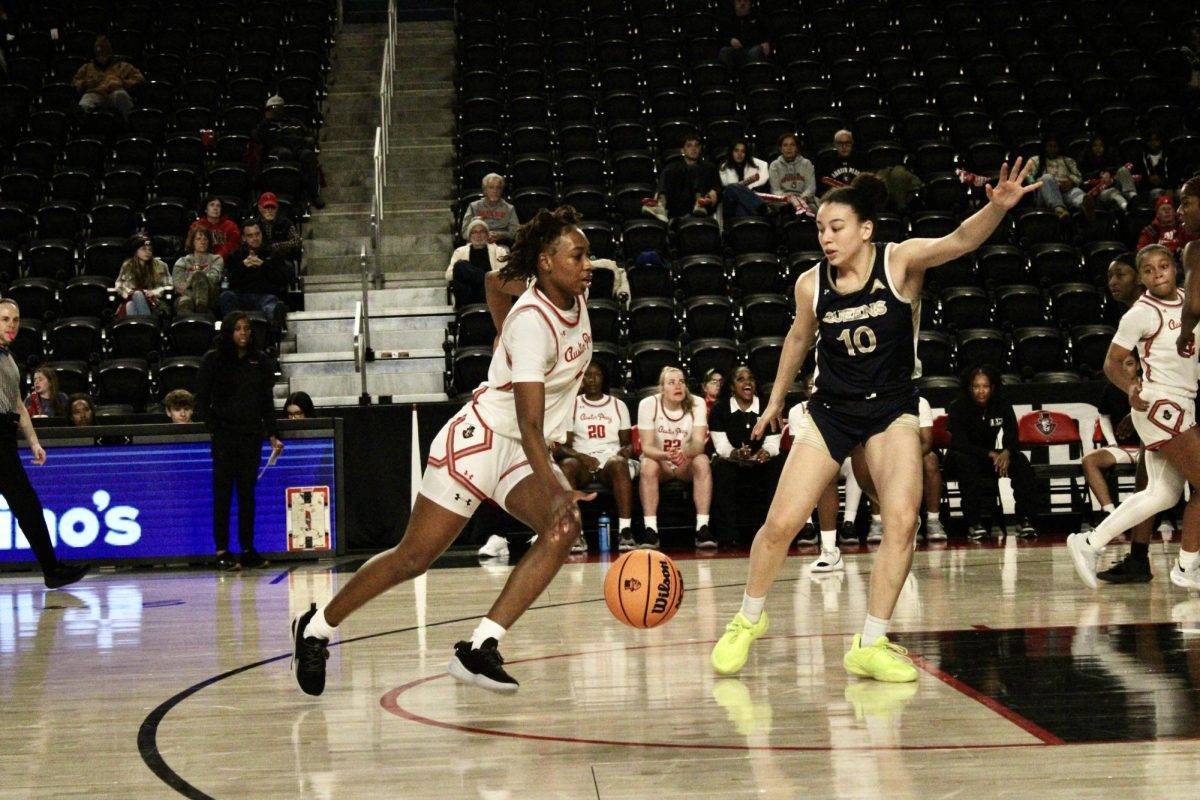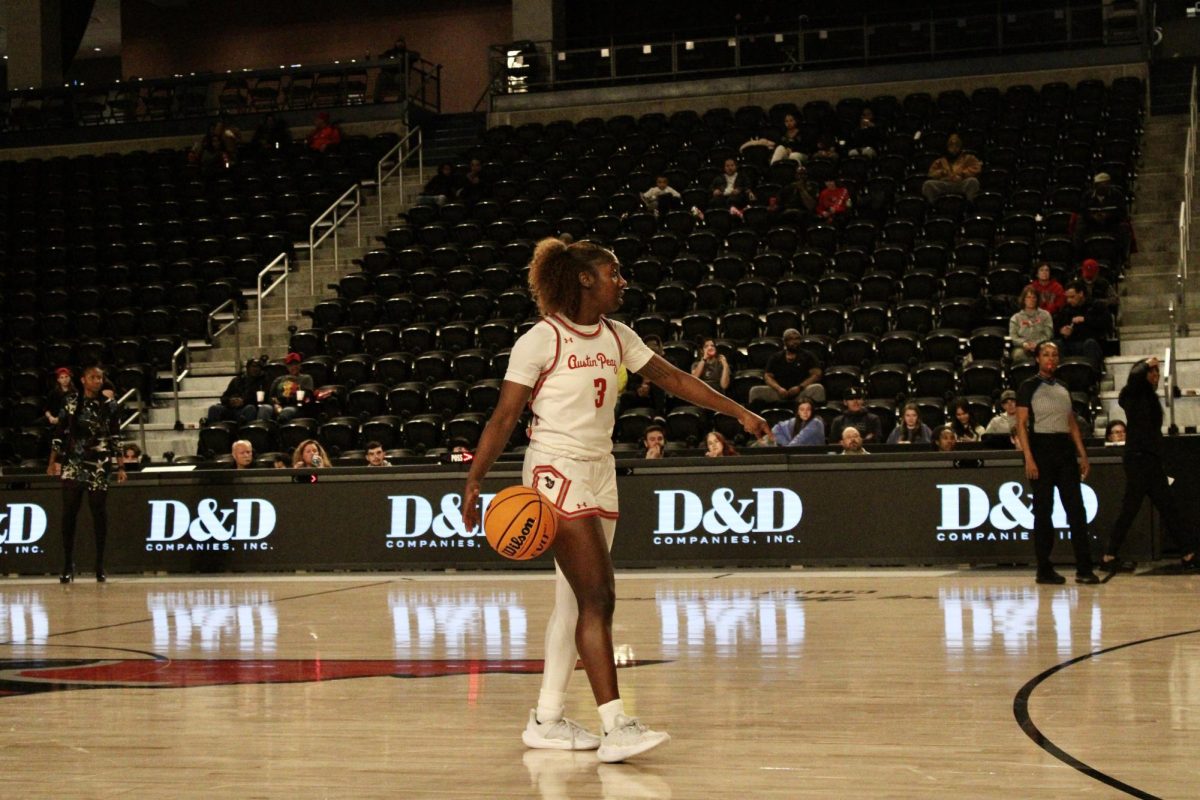The months of March and April are crucial when it comes to college basketball.
Outside of March Madness and other postseason basketball tournaments, these months serve as the contact period for division one women’s college basketball and are used as a time for college visits and eventual commitments for programs across the country.
With Covid-19 continuing to restrict the mass population from anything within six feet of one another, recruitment becomes difficult during this time for the women’s game. APSU head coach David Midlick discusses the difficulties found in drawing players to Clarksville during the coronavirus pandemic.
“It’s been unlike anything we’ve done before,” Midlick said. “March is normally a contact period where we could go see prospective student-athletes at their school or at their home that were juniors and even seniors we were still recruiting and have them come to campus. April was an AAU event month and now it’s changed: there’s been a lot of film that we’ve watched, there’s been a lot of calls that we’ve made, there’s been virtual tours, it’s just all been online.”

MAISIE WILLIAMS | THE ALL STATE
The Governors program has had to be creative in attempts to lure student-athletes to commit during this time: the utilization of video communication programs such as Zoom and FaceTime to display the campus of APSU along with the family atmosphere of the women’s basketball program are just a few of the techniques necessary during this time.
Apart from the face-to-face interaction, which has been barred by the NCAA through May 31, Midlick claims the biggest adjustment is the not-knowing aspects encompassed within the coronavirus.
“I think coaches, we’re kind of creatures of wanting to have a plan for each day and down the road for each week and each month, and this is just the unknown. Trying to stay in the moment and take a break, be with our families and make this time count as much as possible for families, but also still getting some work done…I think coaches are creatures of habit and getting out of that structure has been the biggest adjustment.”
Midlick strives to focus on the positive throughout the lack of structure, however: “We communicate with [the team] through zoom, calling them, FaceTiming them. I think one [positive] is time with family: what’s important and know why you’re doing it-why you’re going to school for your degree, why do you love the game of basketball, why are you doing this, what type of teammate do you want to be?
“There’s a lot of self-reflection, a lot of reflection we can share with each other for our team meetings. I think if we use this time wisely, it makes you a better student, it makes you a better teammate, it’s going to improve your communication…You have to be able to take the situation that’s handed to you and make it positive.”
Although Midlick is unsure on how the virus may affect the timeline of collegiate sports in the fall, the coach is certain that changes will be made around the world of basketball in the future.
“I don’t know if the recruiting calendar for the year will be structured differently, I don’t know if new and different rules will come out of it or not, but I think that just as much as we as coaches are, this is new. I think the NCAA is trying to do what’s best for the student-athlete too and just doesn’t know the curve of what’s going on with the virus.
“Do I think some new things may come out of this? Sure. Do I have any idea or a crystal ball? No. I’ll leave it to the experts to first get us through this and hopefully come out to where we can get back to some sense of normalcy.”


